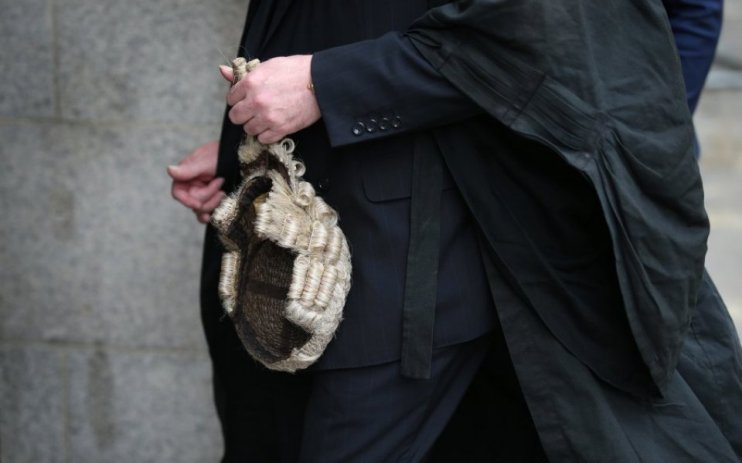Covid court backlogs leave victims waiting years for justice, watchdog warns

Court dates pushed back to 2023 are having “major consequences for victims and witnesses”, a prosecution watchdog has found, as backlogs due the pandemic continue.
Delays exacerbated by restrictions have impacted people’s ability to recall events and could lead to less people willing to provide evidence, sparking concern over a “major risk for public confidence”, HM Crown Prosecution Service Inspectorate (HMCPSI) has said.
Over 455,000 criminal cases were still outstanding by December last year, a near 100,000 more than the year prior, statistics from HM Courts and Tribunal Service have revealed.
The backlog in magistrates’ court touched 447,000 in July before falling again, meanwhile crown court cases have steadily increased.
There was a 47 per cent rise in outstanding crown court cases in December compared to 2019, with 55,189 cases still awaiting trial.
The watchdog has warned that some Crown Prosecution (CPS) staff were at “breaking point”, as the caseload for prosecutors soared at an “alarming rate”.
In a report published this morning, the HMCPSI continued: “The challenges of the backlog and the increase in workload will have major consequences on the service provided to victims and witnesses.
“In some areas, trial dates are now having to be set into 2023. Some victims and witnesses are being sent letters saying that the defendant has pleaded not guilty but that no trial date is available or has been set.”
The report follows statements from the victims’ commissioner for England and Wales, Vera Baird, who last week warned MPs that people were being “re-victimised” amid court backlogs.
“The consequences are a loss of confidence in the criminal justice system. People who are guilty are not being convicted and people are not getting justice,” Baird said.
The HMCPSI report added that backlogs had extended to vulnerable victims, who could needlessly suffer as a result.
Some courts have listed multiple cases for the same time to “maximise valuable court time”, a practice which could “undermine the confidence of victims and witnesses” if hearings fail to take place on the appointed day, HMCPSI said.